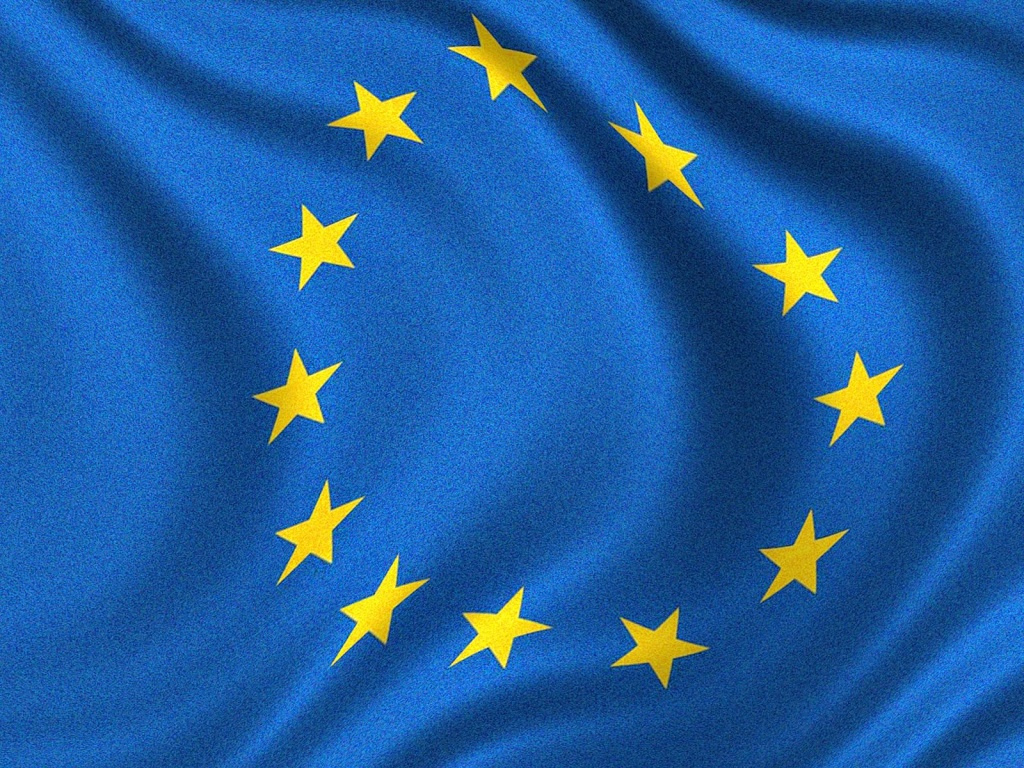With regard to the performance of individual countries, the growth rate slowed in Germany, as reported by the German Federal Statistical Office (Destatis). German GDP in the first quarter grew by only 0.3%, whereas in the fourth quarter of 2014 the largest economy in the euro zone increased by 0.7%. Greece balancing on the brink of default has lost 0.2% of GDP in the first quarter. At the same time, France brought a pleasant surprise, which economy has grown for three months by 0.6% compared with the previous quarter.
Earlier in its spring report, the European Commission raised its growth forecast for the eurozone in 2015 to 1.5%. This year, the predicted economic growth is going to be 1.8%. The European economy is growing on the background of low oil prices, the weak euro and the ECB's quantitative easing program.
The economist Jacob Kirkegaard of the Peterson’s Institute of World Economics of Washington said that forecasts of the International Monetary Fund are not entirely true, and sometimes even underestimated. In an interview with DW, he shared his vision of the situation. In his view, the euro zone economy will grow at a faster pace.
The International Monetary Fund (IMF) maintained its forecast on the global economic growth this year of 3.5 percent. The forecast for 2016 is of 3.8 percent.
This growth of the economy is a relatively good news. Global economic growth below four percent is hardly a special achievement. But if we look at the situation closely, it becomes clear – the economic growth in the industrialized countries at 2.5 percent is actually good news. It means that the United States, Japan and the European Union are doing quite fine. What we really need to worry about - is a protracted period of weak market conditions in developing countries. This year there has been an increase by only 4.3 percent, what is far below their real possibilities.
EIT countries (Economies in Transition countries) can also help improve the situation. In this area, all much depends on China and its policy of controlled deceleration of economic growth. Here everything is done correctly, nothing to change. Another good example is India, where the growth is expected at 7.5 percent, much faster than in China.
At the moment, one of the problem cases among the EIT countries is, of course, Russia, the situation in which the IMF seems to be estimating too optimistic. It seems that the recession there will be more pronounced than the projected negative growth of 3.8 percent.
Another big negative surprise was Brazil, where we are also seeing a recession this year. This is the result of a lack of reform and fiscal consolidation under the rule of Dilma Rousseff. To change this situation, the Brazilian government needs to take a number of stringent measures. Also, let’s not forget about the oil-exporting countries that are severely affected by low prices for oil. Their main task is to make efforts to more serious economic diversification.
The fact that the IMF lowered its forecast for the US economy by half a percent for three months, of course, is quite significant. It says that US economy would weaken due to the too strong dollar. And falling oil prices, in contrast to the euro zone, are not particularly positive for the US economy. The United States also relate to a major oil exporter, and the fall in prices has a negative impact on the situation in the regions of the United States like Texas or North Dakota. Forecasts, made earlier, it seems, did not take full account of this factor.
It looks like the euro zone is now in the phase of cyclical recovery being quite strong. Perhaps, the IMF forecasts of 1.5 per cent this year and 1.6 per cent - to the next, are quite understated. In my opinion, this year's growth will be 1.8 per cent more, and the next I expect economic growth of 2 percent.
All of this is the result of a combination of several factors: the price of oil fell, the monetary policy of the Central Bank contributes to economic growth, the euro fell heavily. And I do not think that Greece is dragging down the entire euro area. I also doubt that Greece will exit the euro zone. Besides, I do not expect that relations with Russia will negatively affect economic growth in Europe. The euro zone is growing much better than a few years ago.
based on Deutsche Welle's materials (dw.de)
Earlier in its spring report, the European Commission raised its growth forecast for the eurozone in 2015 to 1.5%. This year, the predicted economic growth is going to be 1.8%. The European economy is growing on the background of low oil prices, the weak euro and the ECB's quantitative easing program.
The economist Jacob Kirkegaard of the Peterson’s Institute of World Economics of Washington said that forecasts of the International Monetary Fund are not entirely true, and sometimes even underestimated. In an interview with DW, he shared his vision of the situation. In his view, the euro zone economy will grow at a faster pace.
The International Monetary Fund (IMF) maintained its forecast on the global economic growth this year of 3.5 percent. The forecast for 2016 is of 3.8 percent.
This growth of the economy is a relatively good news. Global economic growth below four percent is hardly a special achievement. But if we look at the situation closely, it becomes clear – the economic growth in the industrialized countries at 2.5 percent is actually good news. It means that the United States, Japan and the European Union are doing quite fine. What we really need to worry about - is a protracted period of weak market conditions in developing countries. This year there has been an increase by only 4.3 percent, what is far below their real possibilities.
EIT countries (Economies in Transition countries) can also help improve the situation. In this area, all much depends on China and its policy of controlled deceleration of economic growth. Here everything is done correctly, nothing to change. Another good example is India, where the growth is expected at 7.5 percent, much faster than in China.
At the moment, one of the problem cases among the EIT countries is, of course, Russia, the situation in which the IMF seems to be estimating too optimistic. It seems that the recession there will be more pronounced than the projected negative growth of 3.8 percent.
Another big negative surprise was Brazil, where we are also seeing a recession this year. This is the result of a lack of reform and fiscal consolidation under the rule of Dilma Rousseff. To change this situation, the Brazilian government needs to take a number of stringent measures. Also, let’s not forget about the oil-exporting countries that are severely affected by low prices for oil. Their main task is to make efforts to more serious economic diversification.
The fact that the IMF lowered its forecast for the US economy by half a percent for three months, of course, is quite significant. It says that US economy would weaken due to the too strong dollar. And falling oil prices, in contrast to the euro zone, are not particularly positive for the US economy. The United States also relate to a major oil exporter, and the fall in prices has a negative impact on the situation in the regions of the United States like Texas or North Dakota. Forecasts, made earlier, it seems, did not take full account of this factor.
It looks like the euro zone is now in the phase of cyclical recovery being quite strong. Perhaps, the IMF forecasts of 1.5 per cent this year and 1.6 per cent - to the next, are quite understated. In my opinion, this year's growth will be 1.8 per cent more, and the next I expect economic growth of 2 percent.
All of this is the result of a combination of several factors: the price of oil fell, the monetary policy of the Central Bank contributes to economic growth, the euro fell heavily. And I do not think that Greece is dragging down the entire euro area. I also doubt that Greece will exit the euro zone. Besides, I do not expect that relations with Russia will negatively affect economic growth in Europe. The euro zone is growing much better than a few years ago.
based on Deutsche Welle's materials (dw.de)



















